![]() Get Fast Support to get started
Get Fast Support to get started
Buy & sell Indices
Indices, also referred to as indexes, are collections of assets that represent either a specific segment of a market or the market as a whole.

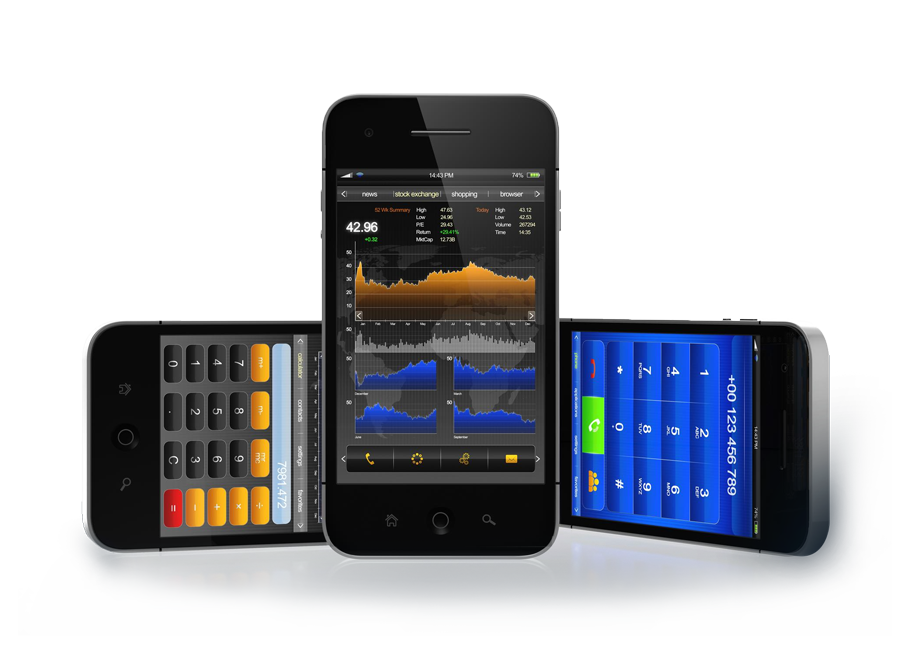


Register
Complete your registration in just 3 minutes!
Connect your walet
We provide a straightforward guide and reliable support to assist you.

Start trading
independently or with guidance from our traders and analysts

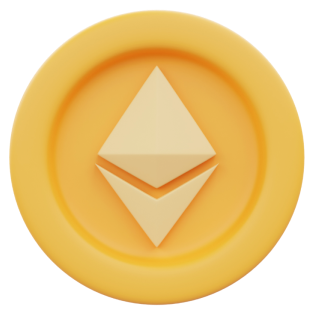
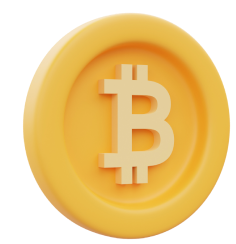

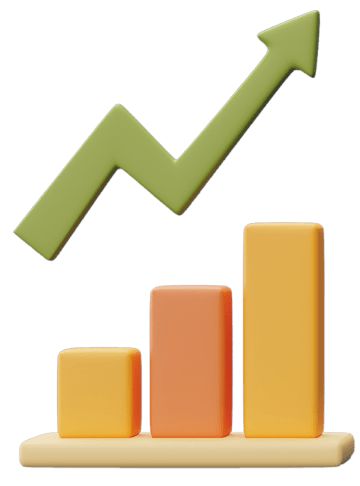

Trading Indices in the Right Way
Leverage financial instruments that enable traders to profit from both rising and falling prices!
The overall value of a stock market index is determined by calculating the actual prices of all the assets it comprises. This means that changes in the prices of individual stocks directly impact the index, causing its value to rise or fall.
Learn as you trade
Trading Indices
While you can trade individual stocks with us (see our equities section for details), you can also trade an index as a single entity. Buy if you believe the stocks within the index will generally rise, or sell if you expect them to decline. This approach allows you to trade the broader market trends.
We offer a wide variety of indices for trading, including 20 different options on the Investings Market platform and multiple choices on the MT4 platform. If you already have an account, simply log in to start trading. If you’re new and want to join, click here for our quick and easy sign-up process.
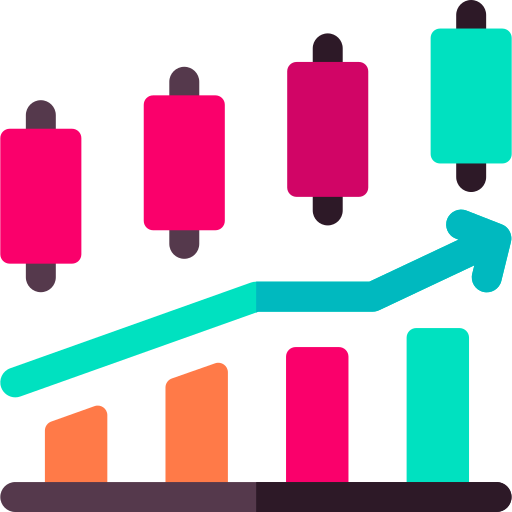
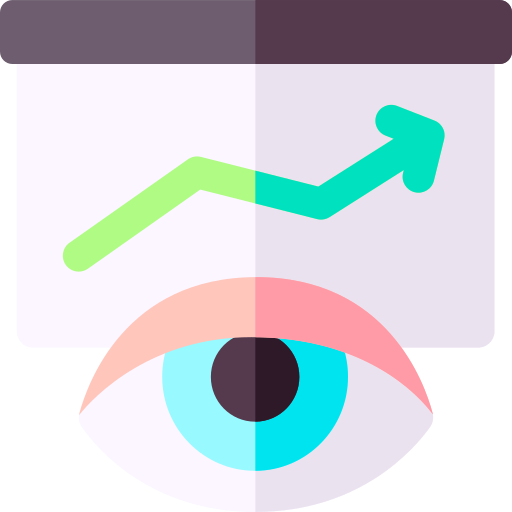


tradable multinational corporations
Trade on both National and International Indices, selecting the specific index that aligns with your trading preferences.
Many multinational corporations are listed on multiple indices, making them tradable on both national and international platforms. For example, Alibaba.com can be traded on Hong Kong’s Hang Seng index as well as the New York Stock Exchange, following its widely publicized IPO. Similarly, Credit Suisse is available on both the Zurich-based Swiss Market Index and the New York Stock Exchange.
Financial indices can often be traded in two formats: ‘Rolling Daily’ or ‘Futures.’ Rolling Daily allows trading at the current price, while Futures involve trading at a pre-agreed price for a contract that automatically settles on a specific date.
trade the economy markets
Major Financial Indices
Most major economies, as well as many developing ones, have at least one financial index that groups together a collection of assets. Some of the most prominent indices include:
-
The S&P 500 and Dow Jones indices based in New York City
-
The FTSE100 based in London
-
The DAX30 based in Frankfurt
-
The Hang Seng based in Hong Kong
-
The Nikkei 225 based in Tokyo
-
The Shanghai Composite
Get started today!
Join Countless Users Worldwide who are earning significant profits—start your journey today!
Now is the perfect time to step into the world of trading.
Recent surges in cryptocurrency market volume present an excellent opportunity for new traders to get started.
An index serves as a measure or indicator of performance. In finance, it often refers to a statistical gauge of changes within a securities market. Stock and bond market indexes represent a theoretical portfolio of securities, reflecting the performance of a specific market or segment within it.
In addition to the MSCI, some of the most widely recognized global stock market indexes are:
- FTSE All-World Index
- S&P Global 100 Index
- S&P Global 1200 Index
- Dow Jones Global Titans 50
Trading indices involves taking a position on a stock index, which measures the performance of a group of companies. This approach allows you to gain exposure to an entire sector or economy in one trade, without the need to open multiple positions on individual shares.
The primary distinction between investing in index funds and individual stocks lies in risk. Individual stocks are generally much more volatile than index funds, offering the potential for higher returns but also significantly increasing the likelihood of losses.
Here are some of the most widely traded stock indices globally:
- Dow Jones Industrial Average (US 30)
- Standard & Poor’s 500 (S&P 500)
- Nasdaq (Composite and Nasdaq 100)
- Dow Jones Industrials (DJIA)
- UK FTSE 100 (FTSE 100)
- CAC 40 (France 40)
- DAX (Germany 30)
- Euro Stoxx 50 (Euro 50)
The terms “indexes” and “indices” are often used interchangeably when referring to multiple indexes in financial contexts. However, “indices” is more commonly used in formal or academic texts related to stock market indexes.